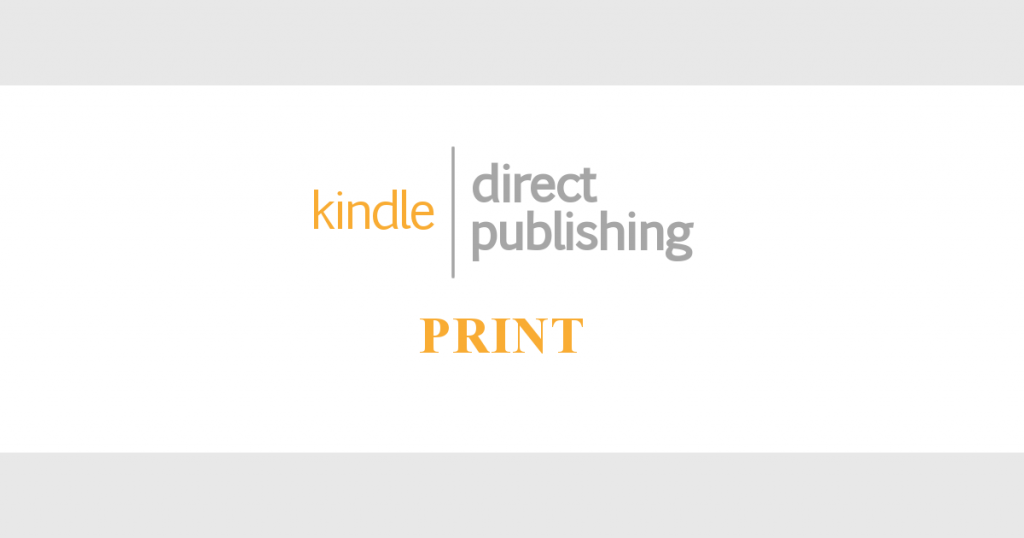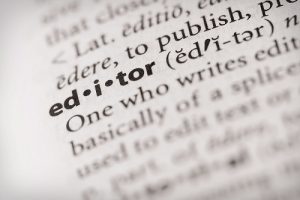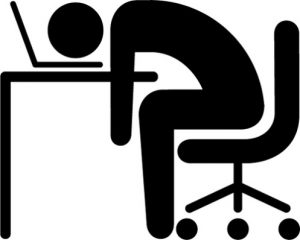If you’re struggling with the kind of burnout I experienced, or think you might be headed there, this post may help. Here are a couple of things you’re probably going to have to come to terms with, and some helpful tips to avoid winding up where I did and to help heal the damage if you’re already there.
Continue reading “Part II – How Do You Fix Burnout?”Tag: writing advice
A while back, I saw an interesting question posed on Twitter.
Imagine you’re talking to movie producers making a movie of your book. They want to change your MC’s sexual orientation or race or both! How would you feel about that?
And the answer is… well, it depends.
Thinking of main characters like Adrian in Necrotic City, it wouldn’t bother me a whole lot. He was designed to tell a story. He could be a person of color. He could be gay, or bisexual, or asexual. (And in fact, I deliberately never said that much about his orientation for that reason.) Changing those things about him wouldn’t fundamentally alter the story I wrote.
That’s the key concept here, though: it wouldn’t fundamentally alter the story.
Continue reading “Would You Be Willing To Change Your Main Character’s Identity?”
Recently someone I know asked, How important is it to have positive male role models in your work?
I find this question interesting on a number of levels. The first is the obvious qualifier: male role models.
I and my childhood friends may have grown up in the ‘80s, but we escaped a lot of the gendered BS– You know, the that’s for girls/boys, you can’t have that. Or, you can’t act/dress like that, people will think you’re a *gender other than the one you were assigned at birth.* (Not to say that those attitudes weren’t, and aren’t, still alive and well– just that we escaped them.)
So I find the emphasis on male role models peculiar. Wouldn’t a good role model be a good role model for everyone? Or are we specifically talking about good examples of how to be male? The latter seems weird and unnecessary.
As a child, I looked up to a wide range of characters. I liked Aragorn in The Lord of the Rings, but I also greatly admired the crew of the Pride of Chanur in CJ Cherryh’s Chunar Saga. I considered both Morgaine and Nhi Vanye, of Cherryh’s Morgaine Cycle, to be equally good role models. *
Good science fiction smashes the pointless constructs of our present day and age, or turns them on their ear, or points out where we are headed if we continue on as we are. Like it or not, gender roles are one of those constructs. I think it’s more important that a main character be a relatable person with positive attributes than a good male/female role model.
If you remove the gender qualifier, you have another interesting question. How important is it to have positive role models in your work? And the answer is, I’ve never really thought about my characters like that.
I generally want my main characters to be people the reader can both associate with and look up to. Basically, if someone loved my work so much that they tried to emulate one of my main characters, would it make the world better or worse? I enjoy writing characters that would make the world a better place if they were real.
I definitely think that characters which exemplify positive characteristics, without being unrealistic, are important. Art is a reflection of society; but at the same time, society is absolutely influenced by the art and media it consumes. Authors have something of a responsibility to leave the world a better place than we found it– not only by giving readers an escape from the horrors of the world, but also by showing how people can make the world a better place.
*Editor’s note: sorry for the Wikipedia links, but they’re the easiest place to find all the info about a book’s characters, setting, and plot in one place.
This article examines a small, empathy-deficient subset of the writing community. However, the advice given can help anyone who wants to ensure that their characters possess depth and realism.
Have you ever read a book where the protagonist, no matter who he’s supposed to be, sounds like an old conservative white guy? And you think, Ok, he’s not very relatable. In fact, he’s kind of a jackass. But maybe this character’s going to learn something and grow into a better person as the story progresses.
Then you realize that the plucky young Latina sidekick also sounds like an old conservative guy. And so does the working-class Joe who helps them escape from the antagonist. And the down-on-her luck single mother at the diner who waits on them. And their cab driver… And you start to feel like, instead of writing a flawed protagonist, the author is maybe only capable of writing one type of character. And that character is very flawed indeed.
The problem is, the author doesn’t realize it because (surprise twist) he’s an old conservative white guy.
Continue reading “Creating Realistic Characters: Empathy Is Essential”
This article was inspired by a discussion in a writing group, and a series of questions that were posed about the inclusion of trigger warnings in books. But first, a word on what trigger warnings are –and what they aren’t.
Trigger warnings attempt to forewarn audiences of content that may cause intense physiological and psychological symptoms for people with Post Traumatic Stress Disorder. People with PTSD have physical, emotional, and mental symptoms that are triggered by stimuli that is similar to the trauma the individual experienced. Hence the “trigger” in trigger warning.
Individuals do not have control over what triggers their PTSD, but many have personal strategies to cope with triggers when encountered. Those strategies work best when the trigger is expected, hence the importance of warnings: they give people the forewarning necessary to put on their metaphorical armor, or to decide not to partake in that particular media.
Trigger warnings aren’t meant to warn people of content they might find offensive. Unfortunately, the rise of “Lol ur triggered!” troll culture has led to a shift in how the term is perceived.

As most authors who used CreateSpace are aware, in fall of 2018 Amazon axed the service in order to increase enrollment in their new KDP Print program. What follows is an account of my transition to the new service and how books printed by KDP compare to those from CreateSpace.
This tale holds a couple of important caveats for anyone with books currently being printed by KDP. You’ll also probably get the feeling that I’m not a huge fan of Amazon– and it’s true, I’m not. I’m not a fan of any massive, industry-dominating corporate entity that makes a few people disgustingly wealthy at the expense of buyers, small businesses, and content creators.

Last week I explained why editing is essential to the publishing process and how to go about snagging your very own helpful editor. This week I’m going to explain some money-saving shortcuts you can take to reach a professional, polished final product without breaking the bank.
While you should never forgo professional editing entirely, there are plenty of things you can do to produce a cleaner manuscript that will require less professional help.

Continuing from last week’s post, where I talked about the reason some writers are wary of editors, this week I’m going to explain how to find an editor of your own. (Or editors, if that’s how you roll.)
Editing is an essential part of preparing your work for publication, whether you write short stories, novellas, or full length novels. No matter how strong your-self editing game is, a manuscript can always benefit from a second, trained set of eyes.
Here’s why.
Continue reading “How to Catch an Editor And Why You Should”

If you ask a random sampling of indie authors how they feel about editors, you’ll probably get a wide range of responses.
Some have worked with editors they loved from the start. Some had a few false leads before they found the right editor. And many have a notebook full of advice on what (and occasionally who) to avoid. (That advice can vary from author to author, especially on the subject of what an editor should charge.)
Lastly, especially among the unpublished and those who haven’t worked with an editor, you’ll probably find a surprising amount of distrust and dislike. Some people attribute this to fear of criticism. The thing is, it’s not that simple.
Continue reading “Editors: Trust, Confidentiality, and Mutual Respect”

As a night owl and someone who typically requires nine hours of sleep, I’m well acquainted with exhaustion. It’s been a constant companion for most of my life.
In addition, exhaustion and depression go hand in hand for me. Exhaustion sucks the light out of life. The world becomes a grey, flat place where I can’t remember being happy. The future is a grey landscape, dull and pointless, stretching on without end. I can’t imagine enjoying anything, and I can’t imagine that changing.
You might scoff and assume that this is laughably easy to cure. In my case, you’d be wrong.